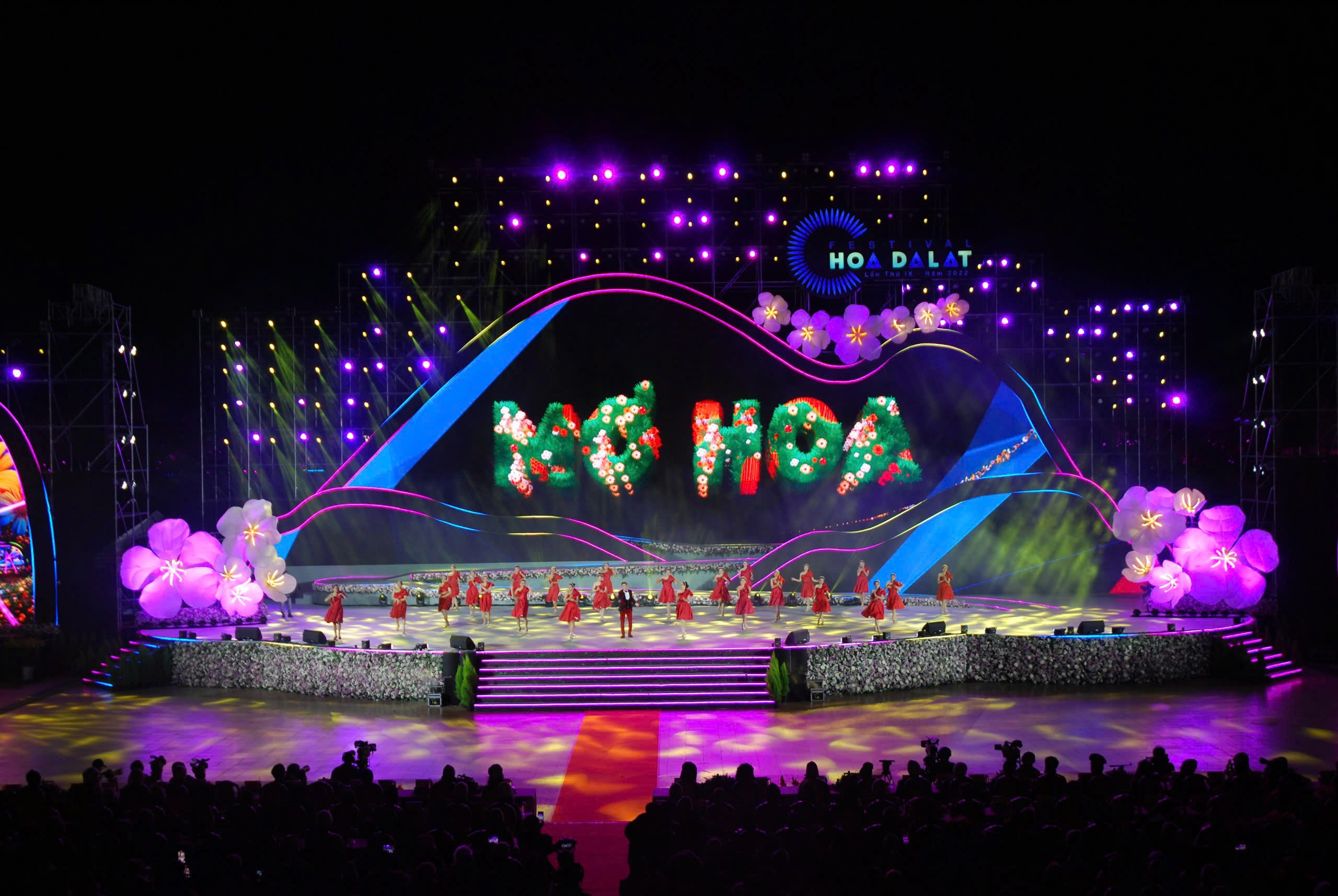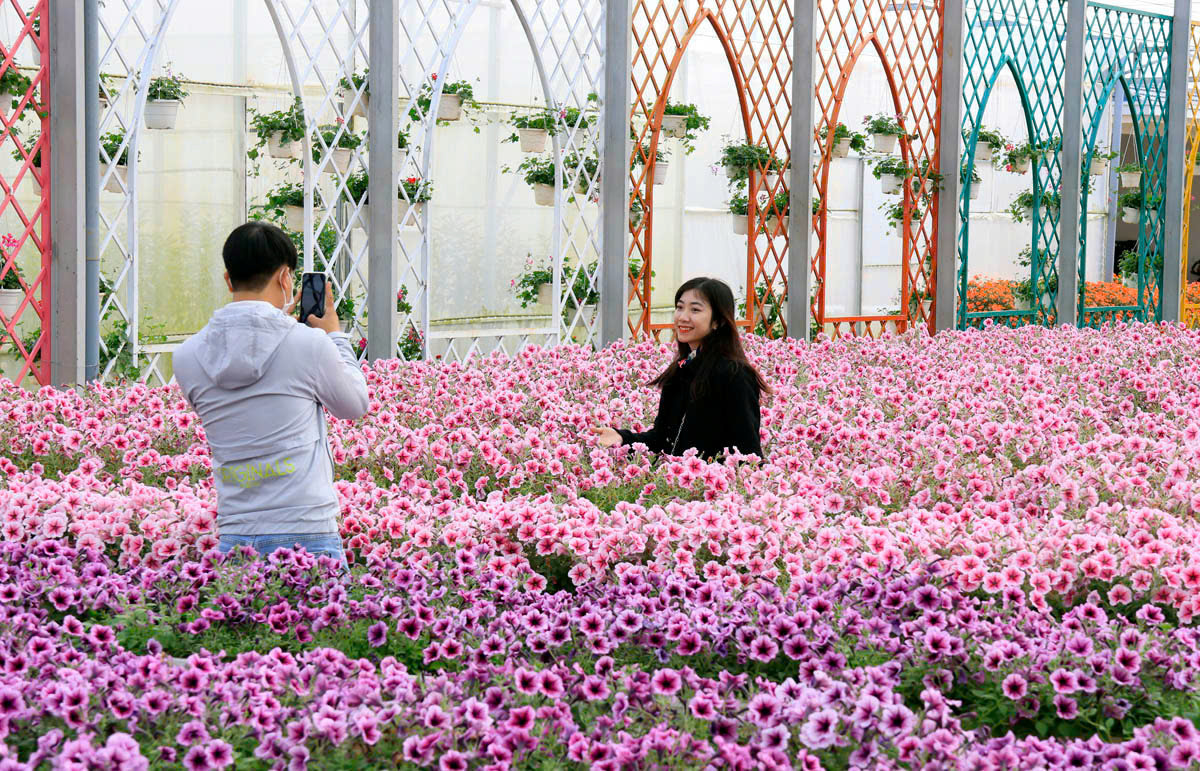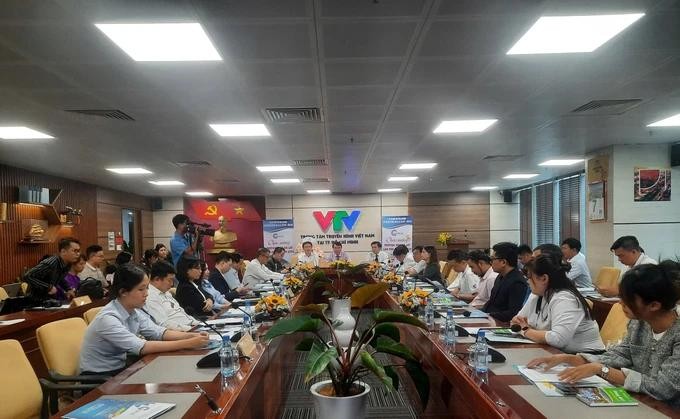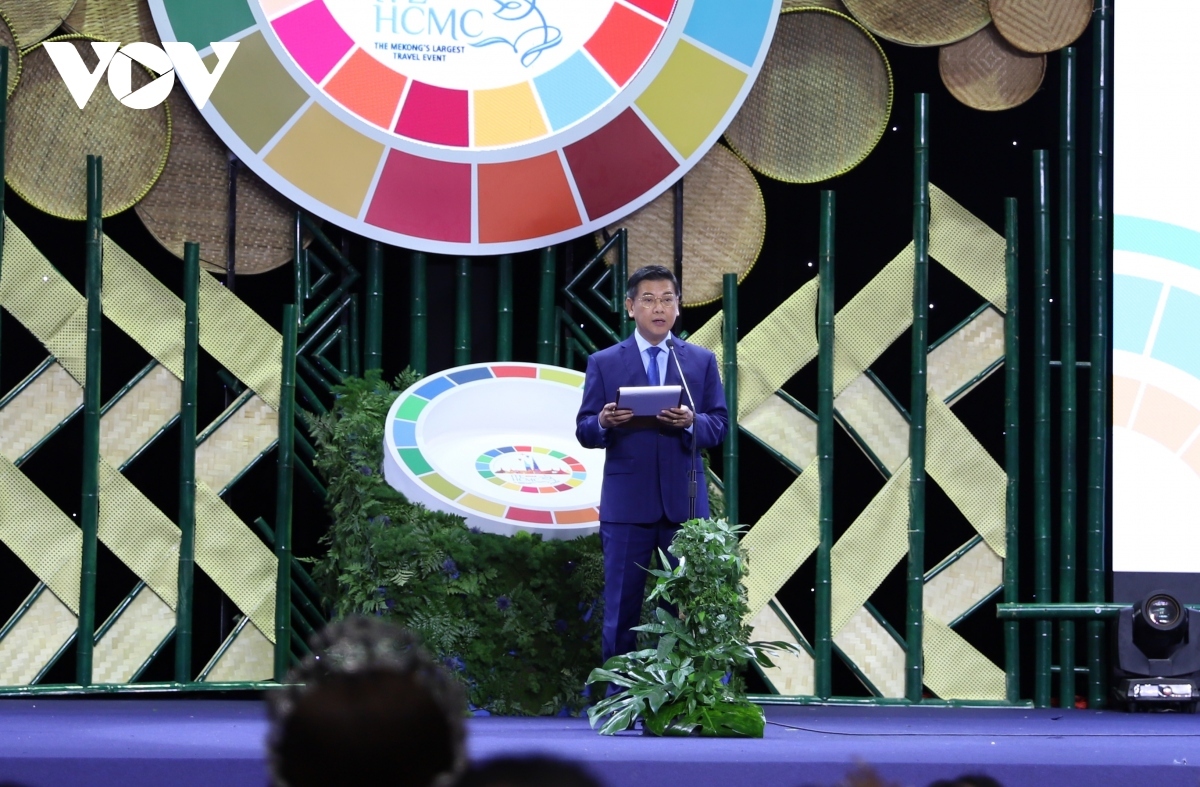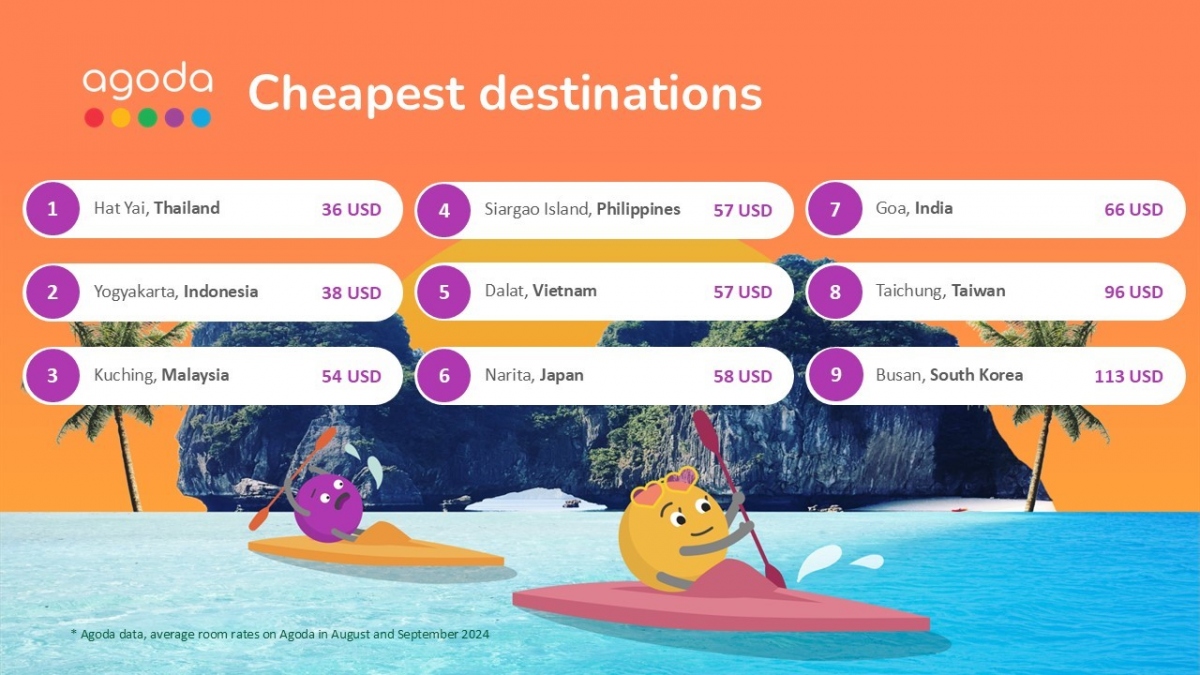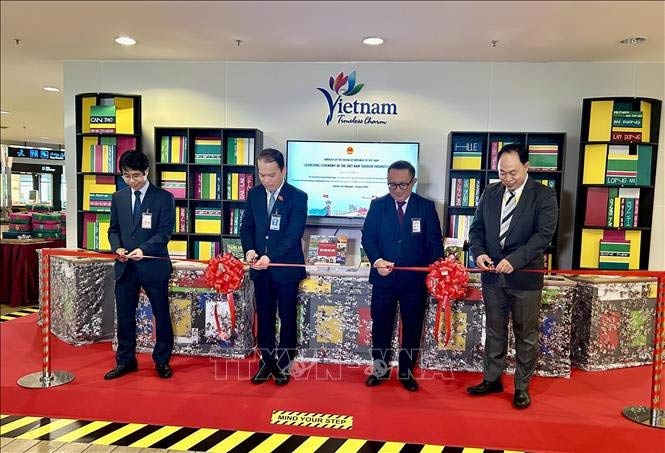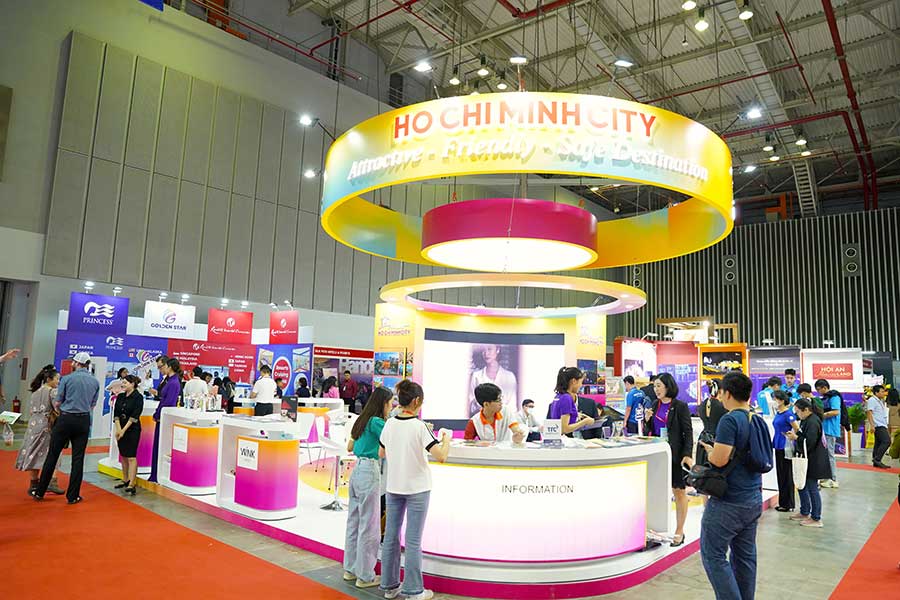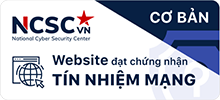VOV.VN - The Ministry of Industry and Trade (MoIT) recently met with the Ministry of Economy of the United Arab Emirates (UAE) to reach a general consensus on the final contents of the Comprehensive Economic Partnership Agreement (CEPA) negotiations between the two countries.

An overview of the meeting
As the signing of the CEPA with the UAE has become one of Vietnam’s key priorities, the MoIT has made efforts aimed at accelerating the negotiation process to put the trade pact into effect in order to further promote trade and investment activities between the two countries moving forward.
Currently, provisions set out at a ministerial level have been agreed upon. Accordingly, the two sides will complete the entire negotiation process and officially sign the deal as soon as possible.
With regard to prospects for greater co-operation between the two countries, a number of large Vietnamese corporations have begun implementing investment activities in the UAE as part of efforts to seize opportunities from the trade pact. Meanwhile, UAE investors have also conducted investment survey on a number of large projects in the nation.
According to details given by the MoIT, the UAE became the largest Vietnamese export market and the second largest trading partner in West Asia last year.
Two-way trade turnover between the two countries in the 2019 to 2023 period averaged about US$4.8 billion per year. In terms of trade balance, the nation always enjoys a large trade surplus of over US$3 billion each year with the UAE.
In the first half of the year, total bilateral trade surged by 43% to reach over US$3.2 billion against the same period from last year, of which Vietnamese exports soared by 47% to over US$2.8 billion and imports rose by 25% to over US$435 million.
Vietnamese staple items to the UAE include mobile phones, machinery, equipment, other spare parts, computers and components, footwear, textiles, means of transport and spare parts, agricultural products such as cashew nuts, pepper, vegetables, and rice.
The country's main import items from this market include petroleum, liquefied petroleum gas (LPG), raw plastics, animal feed and raw materials, base metals, and chemicals.




